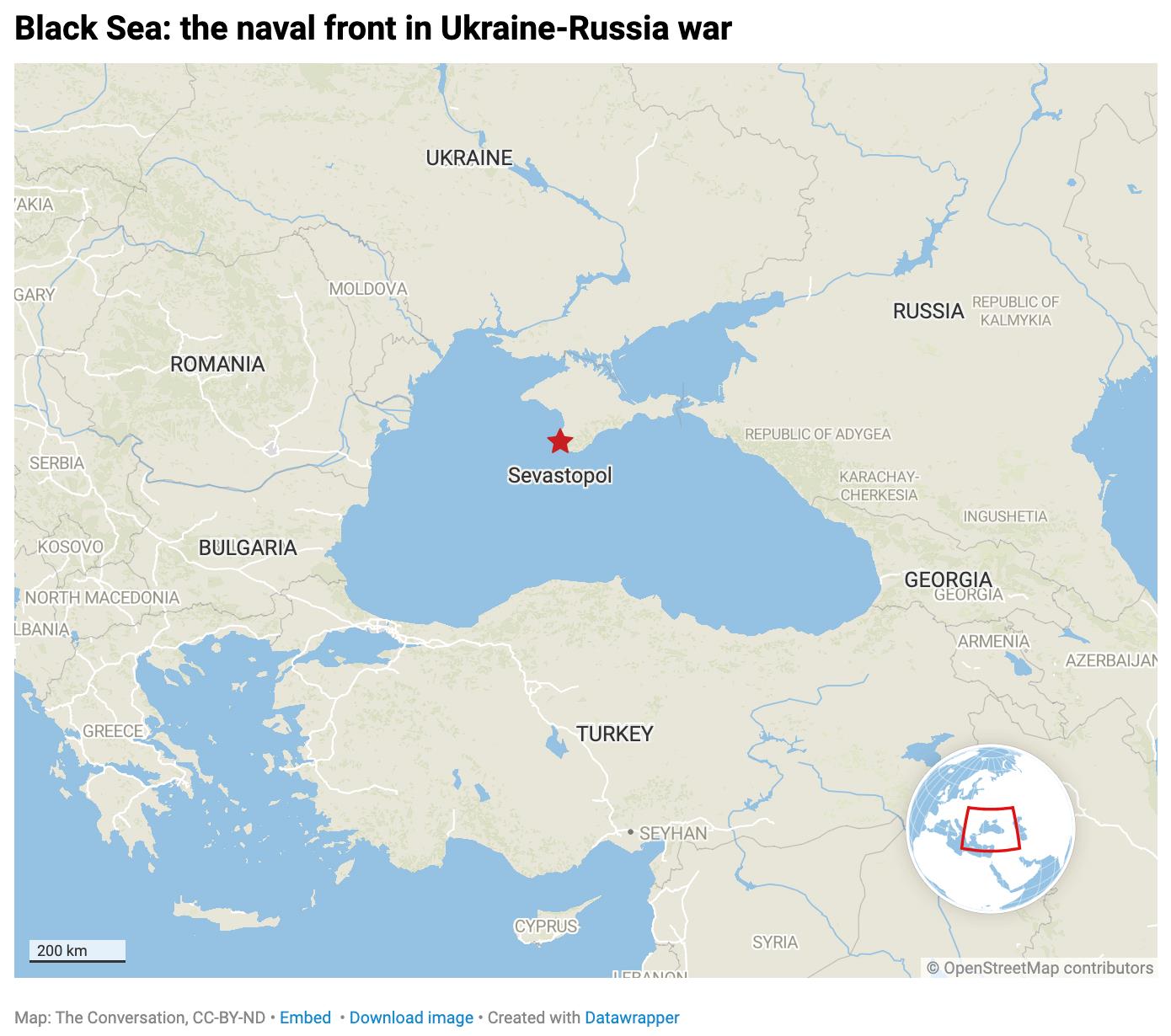(MENAFN- Asia Times)
The ongoing conflict between Russia and Ukraine has played out largely on land and in the air. It is a bitterly contested, grueling ground war, accompanied by brutal Russian aerial attacks on civilian infrastructure and a slow but increasing Ukrainian response.
But a less appreciated but vital focus of the war is happening on water, too. There, a contest for control of the Black Sea has seen Russia stunningly defeated .
And this loss has potentially far-reaching consequences. Not only does it constrain Moscow's ability to project power across the globe through naval means, it has also resulted in Russia's growing cooperation with China , where Moscow is emerging as a junior party to Beijing on the high seas.
Battle over the Black Sea
The tradition of geopolitical theory has tended to paint an oversimplification of global politics. Theories harkening back to the late 19th century categorized countries as either land powers or maritime powers.
Thinkers such as the British geopolitician Sir Halford Mackinder or the US theorist Alfred Thayer Mahan characterized maritime powers as countries that possessed traits of democratic liberalism and free trade. In contrast, land powers were often portrayed as despotic and militaristic.
While such generalizations have historically been used to demonize enemies, there is still a contrived tendency to divide the world into land and sea powers. An accompanying view that naval and army warfare is somewhat separate has continued.
And this division gives us a false impression of Russia's progress in the war with Ukraine. While Moscow has certainly seen some successes on land and in the air , that should not draw attention away from Russia's stunning defeat in the Black Sea, which has seen Russia have to retreat from the Ukrainian shoreline and keep its ships far away from the battlefront.
As I describe in my recent book,“Near and Far Waters: The Geopolitics of Seapower ,” maritime countries have two concerns: They must attempt to control the parts of the sea relatively close to their coastlines, or their“near waters”; meanwhile, those with the ability and desire to do so try to project power and influence into“far waters” across oceans, which are the near waters of other countries.
The Black Sea is a tightly enclosed and relatively small sea comprising the near waters of the countries that surround it: Turkey to the south, Bulgaria and Romania to the west, Georgia to the east, and Ukraine and Russia to the north.

MENAFN07102024000159011032ID1108752618
Legal Disclaimer:
MENAFN provides the information “as is” without warranty of any kind. We do not accept any responsibility or liability for the accuracy, content, images, videos, licenses, completeness, legality, or reliability of the information contained in this article. If you have any complaints or copyright issues related to this article, kindly contact the provider above.